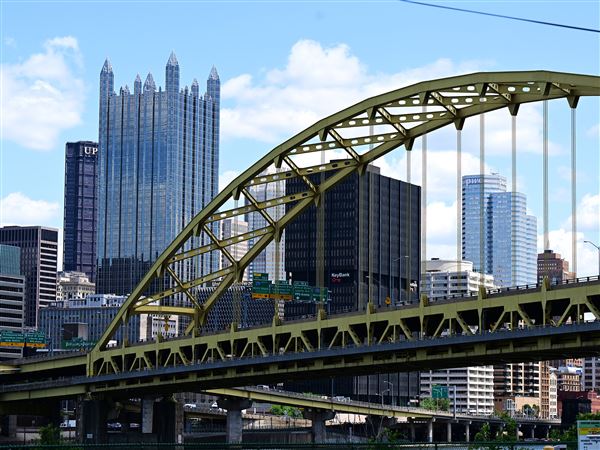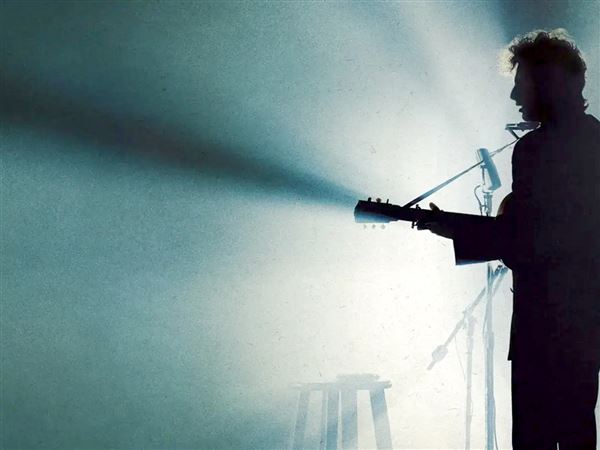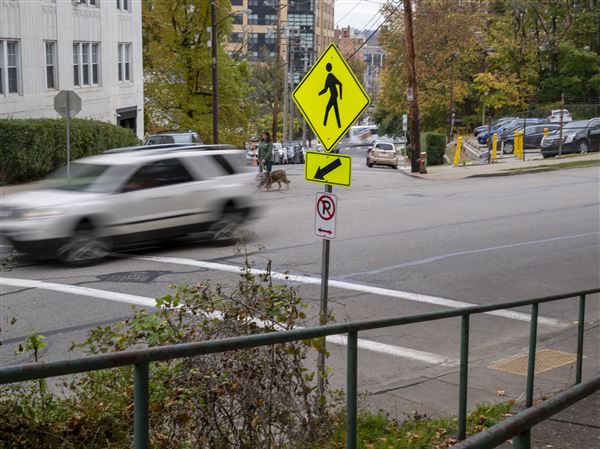I’m not counting down to the new year, but I have two other numbers in mind: 44 days until pitchers and catchers report to Pirate City in Bradenton, Fla., and 123 days before volunteers gather at the first of 130 area sites to plant flowers for the Western Pennsylvania Conservancy.
The conservancy’s mission compels thousands of people to donate time and energy, starting on the first Saturday in May, to make so many places in public rights-of-way burst with color through the summer.
Chestnut and East Ohio streets (Route 28) meet in the North Side’s Deutschtown in a multi-laned intersection of heavy traffic, an example of a place in desperate need of beauty. Red and pink petunias cascade along a retaining wall in summer beside the Teutonia Mannerchor club, giving drivers and pedestrians something pleasing for the experience of being there.
This intersection might not be transformed next summer if a sponsor doesn’t step forward.
Thirteen other conservancy sites need sponsors to foot the bill for plants, mulch, irrigation systems and other supplies. For as little as $1,500, depending on the site, sponsors can get their names on a garden.
The conservancy has 130 gardens in 20 counties, including 91 in Allegheny County, with support from sponsors ranging from banks to law firms to civic groups to places such as the Parador Inn in Allegheny West and Someone Else’s Bar in Castle Shannon.
Judy Wagner, the conservancy’s senior director of the community gardens and greenspace program, cited some high-visibility gardens that have lost sponsors, including those at both sides of the Squirrel Hill Tunnel, the Carnegie-Scott interchange on the Parkway West, the Green Tree interchange on the Parkway West, the inbound entrance of the Liberty Tunnels and the Hazelwood Avenue-Beechwood Boulevard intersection.
The Squirrel Hill Tunnel garden has 182,000 sets of eyes on it each day, according to statistics from the Pennsylvania Department of Transportation. The Scott-Carnegie interchange has more than 150,000 daily viewings.
The one at Teutonia Mannerchor, which 85,000 drivers see each day, needs $5,000 for a sponsor, but several smaller entities could share the sponsorship.
Ms. Wagner said financial sponsors “keep the program afloat,” but they don’t have to do any of the bending and lifting. The conservancy had 10,000 volunteers this year to do that.
The gardens are a combination of annuals and perennials, but some get such abuse from the spray of debris and road salt that even perennials need to be replaced regularly, she said.
These efforts make Pittsburgh more beautiful and add value to everything around them.
“Most people forget that many of these sites were neglected before,” Ms. Wagner said. “We are hoping people will think about the garden sites they love, the ones they see regularly” in considering a donation.
The cost of each garden varies by size and site needs.
Huntington Bank’s sole sponsorship of the 400-foot-long garden on the inbound approach to the Fort Pitt Tunnel costs $10,000 to $15,000 per year.
By contrast, a pocket garden in a triangular traffic island at Brighton Road and North Avenue on the North Side costs a few hundred dollars.
Visitors to Pittsburgh remark on how beautiful it is, even at this time of year, when the landscape is stark and everything man-made is hard-edged.
In the ugly season, color in the landscape is subtle, so you have to put some effort into finding it all. In the summer, color explodes all around us, but it takes even more effort to make that happen.
Diana Nelson Jones: djones@post-gazette.com or 412-263-1626.
First Published: December 30, 2014, 5:00 a.m.














